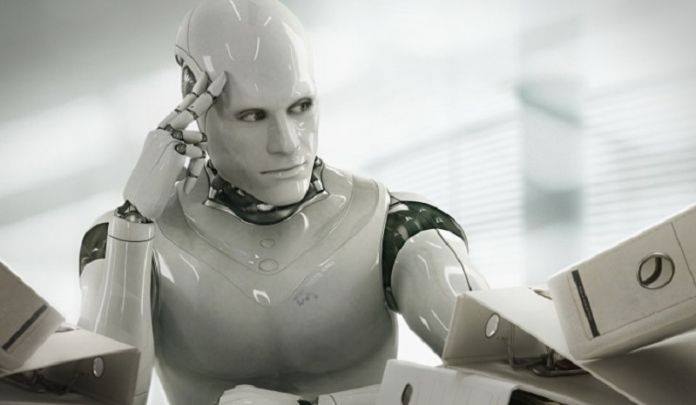Robot shop assistant fired by grocery market for irritating customers

A robot shop assistant was hired and fired by a Scottish supermarket after just a week because he couldn’t understand customers.
‘Shopbot’ Fabio was being trialled at Margiotta’s flagship Edinburgh store in an experience run by Heriot-Watt University’s Interaction Lab for the BBC’s Six Robots & US .
“We thought a robot was a great addition to show the customers that we are always wanting to do something new and exciting,” Elena Margiotta, who helps run the grocery chain with her family, told The Telegraph.
Installed in the grocer’s flagship Edinburgh store, the robot, which shop owners named Fabio, was programmed with directions to hundreds of SKUs. Like Pepper robots in retail environments in Japan, the unit was also programmed to be something of a ham, able to tell jokes, dispense hugs, and engage in lively banter.
At least that was the idea. In practice, Scottish customers didn’t want anything to do with the officious automaton. In part, it was a failure of the technology. Background noise in the store frequently prevented Fabio from understanding questions the first time asked.
The robot also wasn’t particularly helpful, often giving vague directions to look “in the alcohol section” when asked for the location of a specific item.
More telling, most patrons simply weren’t ready to engage with a machine when a human employee could be flagged down nearby.
Soon Fabio was assigned to a lonely outpost at a far end of the store, where he shilled samples of shredded meat. After managers noticed customers actively avoiding the aisle with the robot, the decision was made to end the experiment.
In large part, Pepper’s failure in Scotland may be culturally rooted. Japan, where Pepper is a fixture in plenty of retail environments, has the most technologically advanced service culture in the world. There are signs that Pepper robots, which SoftBank has been piloting in U.S. retail markets, actually result in customer engagement and higher sales at locations where customers are perhaps better acclimatized to technology to start with.
In 2016, Pepper worked shifts at B8ta technology stores in Palo Alto and Santa Monica. SoftBank claims the stores saw substantial increases in foot traffic and sales of products that were featured by the Pepper units.
One interesting takeaway from the Edinburgh experiment is that Fabio did find advocates, albeit in an unlikely place. Rather than feel threatened, employees of Margiotta seemed to develop a real soft spot for the robot.
“When we had to pack it up and put it back in the box,” says a surprised Dr. Oliver Lemon, director of the Interaction Lab at Heriot-Watt, which programmed the robot, “one of them started crying.”
The short employment of the robot was documented in the BBC’s Six Robots and Us. It was also reported that LG Electronics is planning to sell robots that will replace human workers in hotels, airports, and supermarkets, while in September, a report claimed that four million British private sector jobs could be replaced by robots within ten years.
In 2017, Deutsche Bank CEO John Cryan also declared that a “big number” of his employees would be replaced by robots eventually, and Russian chess grandmaster Garry Kasparov encouraged people to embrace the replacement of human jobs by robots and start focusing on jobs that machines can’t perform.

